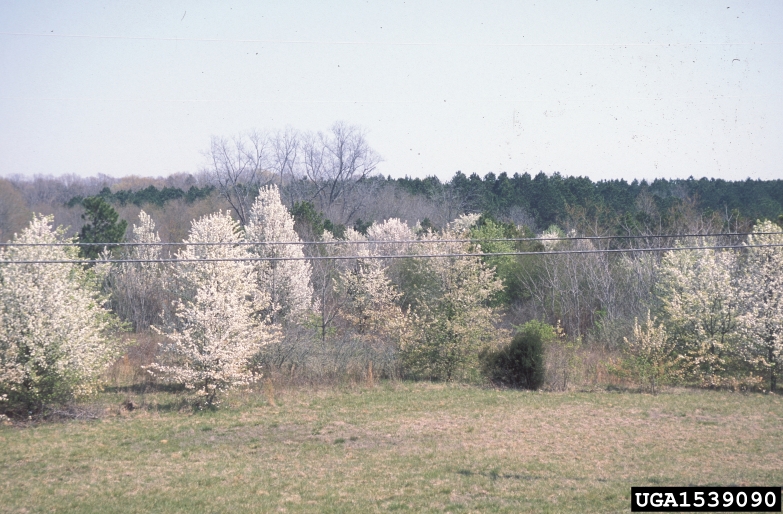The PA Department of Agriculture added Callery pear, commonly called Bradford Pear to a list of noxious weeds — plants that cannot be legally sold or cultivated in the state. The ban on sale and cultivation will take effect February 9, 2022 with enforcement phased in over two years.
Enforcement of the ban will be phased in over two years to allow time for nurseries and landscaping businesses to eliminate it from their stock and replace the trees with alternatives that pose less threat to the environment and agriculture. The department has established an exemption procedure for breeders who own the rights to varieties that have been researched and proven sterile, and will consider exempting these varieties from the ban.
The timeline for the two-year rollout of the ban is as follows:
- Winter 2021 – Callery pear added to Pennsylvania’s Controlled plant and Noxious Weed list as a Class B weed. Class B weeds are those that are so prolific they cannot realistically be eradicated. These plants are targeted for control measures.
- February 2022 – Nursery and landscape businesses will receive notice from the department, advising them to immediately begin adjusting propagation, ordering and planting of Callery Pear to decrease inventory.
- February 2023 – The department will issue letters of warning to any plant merchant still selling Callery Pear, providing a date in February 2024 after which remaining inventory will be subject to a destruction order.
- February 2024 – The department will issue Stop Sale and destruction orders to plant merchants selling or distributing Callery Pear.
Those with questions should contact ra-plant@pa.gov.
Property owners can find native alternatives and information on how to control the plant on the PA Department of Conservation and Natural Resources website, dcnr.pa.gov.
Find more information about Callery pear and other noxious, controlled and poisonous plants in Pennsylvania visit agriculture.pa.gov. For comprehensive information about controlling all invasive species in Pennsylvania, visit the Governor’s Invasive Species Council.

